#canton
Nissan Cutting 700 Workers, Blames Slow Titan Sales
Adding to company woes brought on by the Carlos Ghosn scandal, Nissan has announced plans to lay off nearly 700 contract workers at its truck and van manufacturing facility in Mississippi.
The shifts affected are responsible for making the Titan, Frontier, and NV line of vans. While Frontier sales are relatively steady, both Titan and NV numbers are down on a year-over-year basis through the end of December.
How Will the UAW's War With Nissan End?
The South has been a longstanding hurdle for the United Auto Workers. Having been unsuccessful in its efforts to organize foreign-owned automakers outside its Midwestern stronghold for years, the UAW is running out of options. Mercedes-Benz, Volkswagen, and Tesla have all managed to stave off unionization and many wondered what the UAW would do after its most recent loss at a Nissan plant in Canton, Mississippi.
It decided to double down.
Despite losing the vote by a fairly crushing margin, the UAW has sought intervention through the National Labor Relations Board by formally accusing Nissan of playing dirty. But how the legal proceedings will play out is a matter of some controversy, and the group’s strategy is somewhat muddled.
There Will Be a New Nissan Frontier, and It Will Be Built In Canton, Mississippi
“The dedicated employees here in Canton look forward to building
the next generation of one of the best pickup trucks in America.”
– Steve Marsh, VP Manufacturing, Nissan Canton Vehicle Assembly Plant
Nissan has announced that a next-generation Nissan Frontier will be built in Canton, Mississippi, the same plant that’s been building the nearly 13-year-old second-gen Frontier since 2012.
But the platform on which the next Frontier will be based? And the precise timing of the unveiling and on-sale date?
Still unknown.
Foreign Automakers, the South, Remain Off-limits to UAW as Nissan Workers Reject Unionization
The United Auto Workers spared no effort in its attempts to organize foreign automakers operating in the United States, but the workforce — and the South, for the most part — remains off limits to the union.
Yesterday, workers at Nissan’s Canton, Mississippi assembly plant voted overwhelmingly to reject the UAW’s overtures, spelling an end to a heated, nearly decade-long unionization bid that saw the union file complaints with the National Labor Relations Board. Both sides have accused the other of dirty and unfair tactics aimed at swaying worker sentiment towards or against organized labor. Both sides, of course, deny any wrongdoing.
The UAW, which failed in two previous attempts to unionize Nissan’s Tennessee plant, described Nissan’s Mississippi efforts as one of the “nastiest anti-union campaigns in the modern history of the American labour movement.” Ultimately, it all came down to the vote.
Nissan Accused of 'Nastiest Anti-union Campaign' in Modern U.S. History
The United Auto Workers has accused Nissan of illegally intimidating workers at its Canton Manufacturing and Assembly Plant in Mississippi, calling its activities one of the “nastiest anti-union campaigns in the modern history of the American labour movement.” The alleged misdeeds include running anti-unionization videos on loop in factory break rooms and convincing plant managers to pull workers aside to discourage them from voting in favor of the UAW this Thursday and Friday.
However, if Nissan is guilty of rabid anti-union measures, the UAW is likely guilty of countering the company with its own door-to-door campaign. Southern states haven’t been as receptive to unionizing as the UAW would like, and the organization has doubled its efforts to get the Canton workers on board, hoping to negotiate higher wages and improved benefits.
Nissan's Mississippi Plant Latest Battleground for UAW in Southern Plants
The National Labor Relations Board accused Nissan of violating workers’ rights by creating a uniform policy for its workers at its Canton, Mississippi plant.
According to the charges, Nissan introduced a policy in 2014 that barred workers from wearing pro- or anti-union clothing at its Canton facility and at its plants in Smyrna and Decherd, Tennessee. Employees were expected to wear company-issued pants and shirts, and visible writing underneath those clothes was prohibited.
The United Auto Workers made the complaints leading to the charges, according to the Associated Press. The union has long sought to unionize workers at Southern U.S. manufacturing facilities with limited success. Last week, skilled trades workers at a Volkswagen plant in Chattanooga, Tennessee voted to join the UAW, the first victory for the union in decades.
UAW, IndustriALL Seek Mediation Over Mississippi Nissan Plant
The battle for Chattanooga may have come to a close for the time being, but the United Auto Workers is seeking mediation from the U.S. State Department in their fight for the Nissan plant in Canton, Miss., with Geneva, Switzerland-based IndustriALL Global Union at their side.
What Is The UAW Doing In Geneva?
The UAW is stepping up their organization efforts at Nissan’s Canton, Mississippi plant by taking their campaign to…Geneva?
UAW Targeting Nissan's Mississippi Plant
Tennessee is so 2011 for the UAW. The hot new locale for foreign plant organizing campaigns is Mississippi, where the UAW is trying to organize workers at a Nissan truck plant.



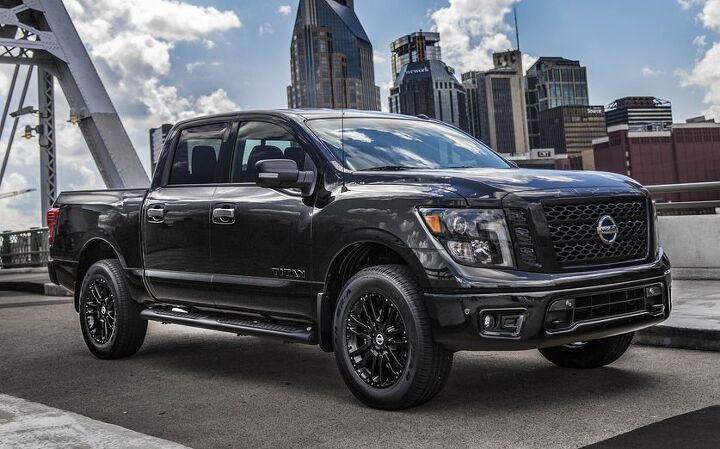

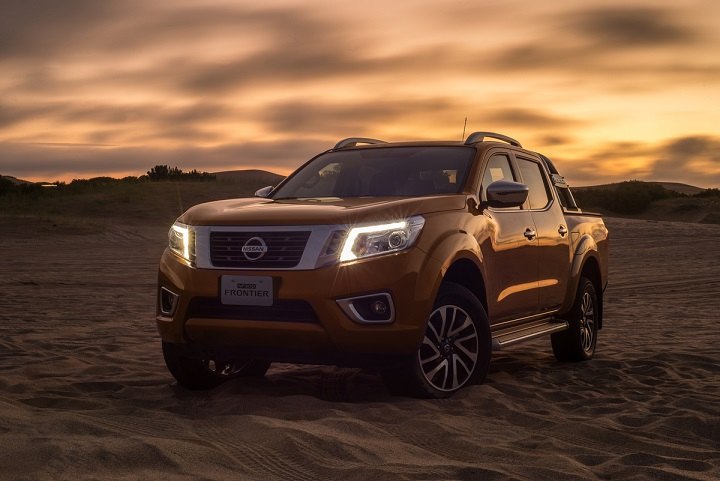

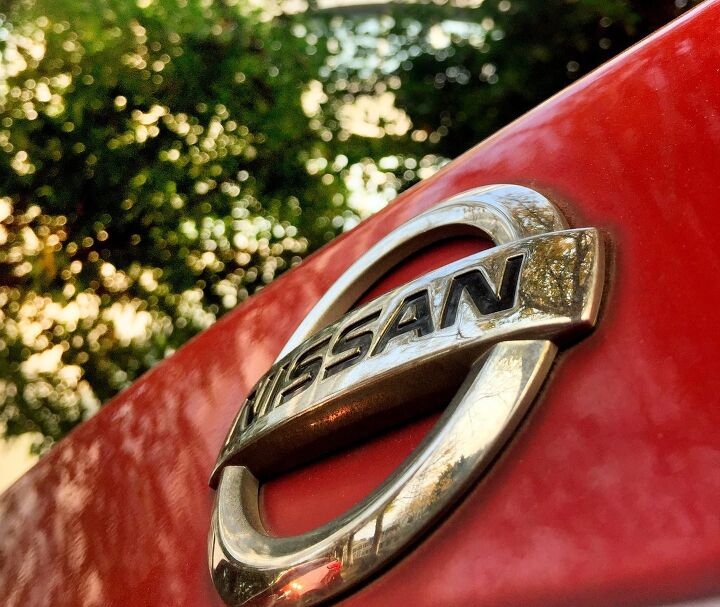
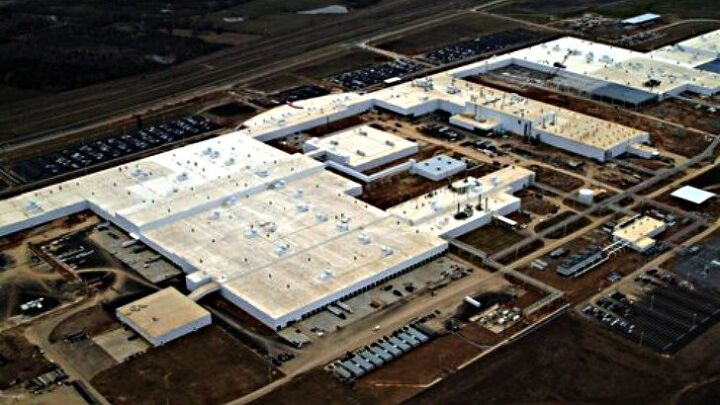

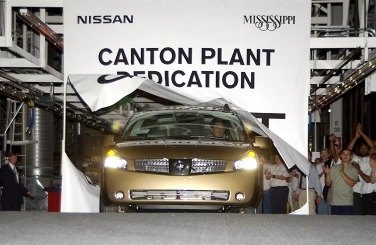












Recent Comments